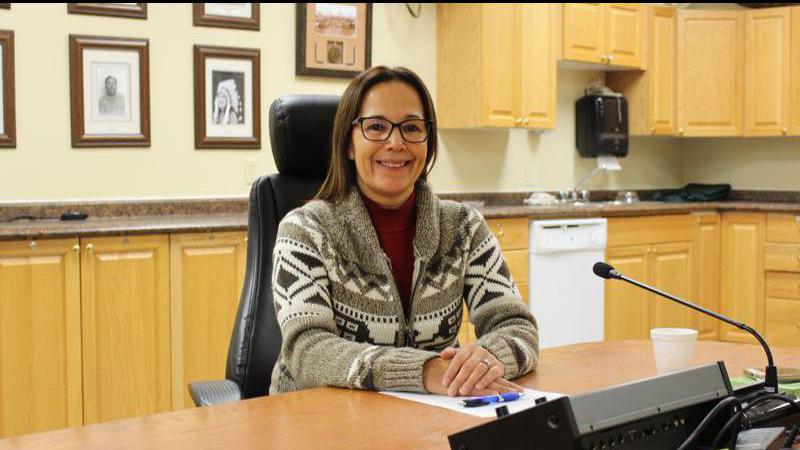
Two New Brunswick men cleared of 1983 murder fear they will die without compensation
SAINT JOHN, N.B. — Walter Gillespie opens his fridge and shows his meagre supplies — a loaf of bread, eggs, peanut butter and juice. There are also a few cans of beans stacked in a cupboard in the 80-year-old’s Saint John, N.B., apartment.
Last week, a judge acquitted Gillespie and his friend Robert Mailman, 76, of a 1983 murder for which they both served lengthy prison terms. The acquittal came after fresh evidence emerged and the federal justice minister ordered a new trial. In her written ruling after the Crown announced it would not present any evidence, Chief Justice Tracey DeWare of New Brunswick’s Court of King’s Bench called the case a miscarriage of justice and offered an apology.
Gillespie said the apology was appreciated, but what the two men really want is financial compensation for their lost decades. And they fear time is running out.
Mailman has been diagnosed with terminal liver cancer, but he would like to be able to leave something to his grandchildren and great-grandchildren before he dies.


